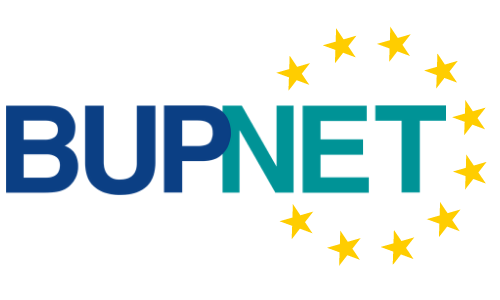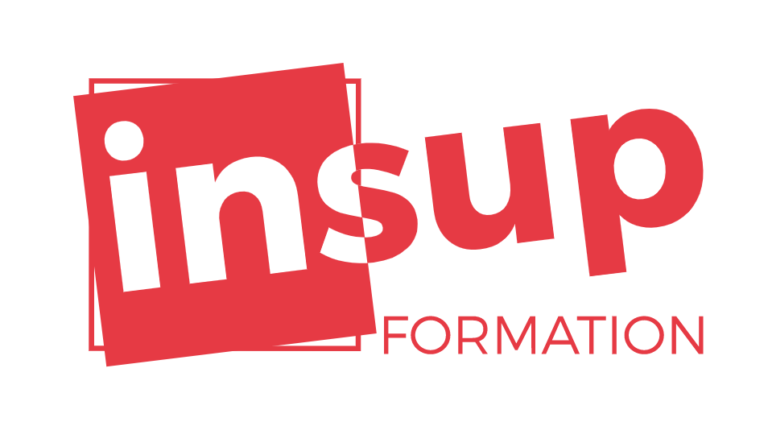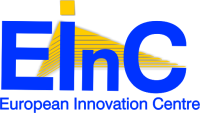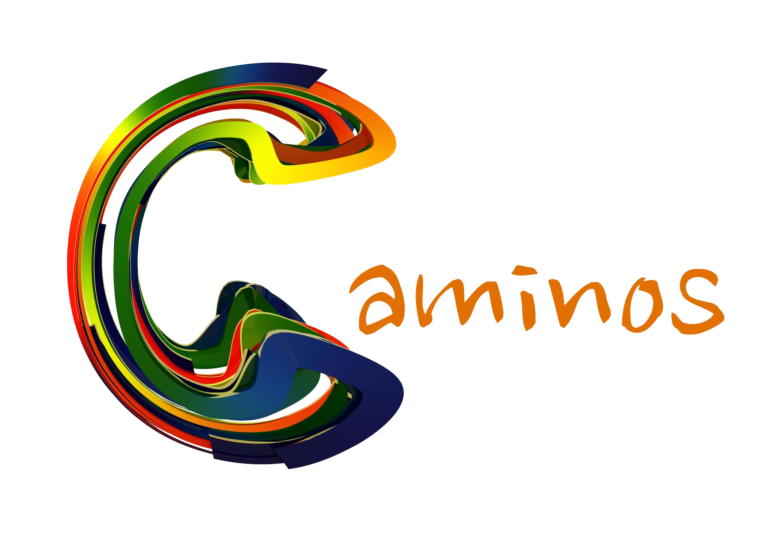The challenges of the 21st century, such as digitalisation, migration, climate change and social cohesion, call for new approaches to learning and development. We need a paradigm shift from top-down to bottom-up education, from subject to competence orientation, and holistic open learning approaches that empower learners to become active participants in meaningful and constructive learning spaces.
“Open learning” has increasingly become an umbrella term for learning in a more informal, competence-oriented way. Open learning and development platforms such as incubators, social innovation hubs or other co-working spaces are the places where innovative developments emerge with the help of modern learning and development techniques such as design thinking and other creativity techniques and methods. However, it is only in exceptional cases that disadvantaged groups are involved and have access to these open learning spaces. Yet it is precisely these groups that would benefit most from open learning spaces, as they are not formal, output-oriented and demand-driven learning environments. They promote contextual and collaborative learning and the acquisition of key civic, entrepreneurial and digital skills. This is the starting point for the COOL project.
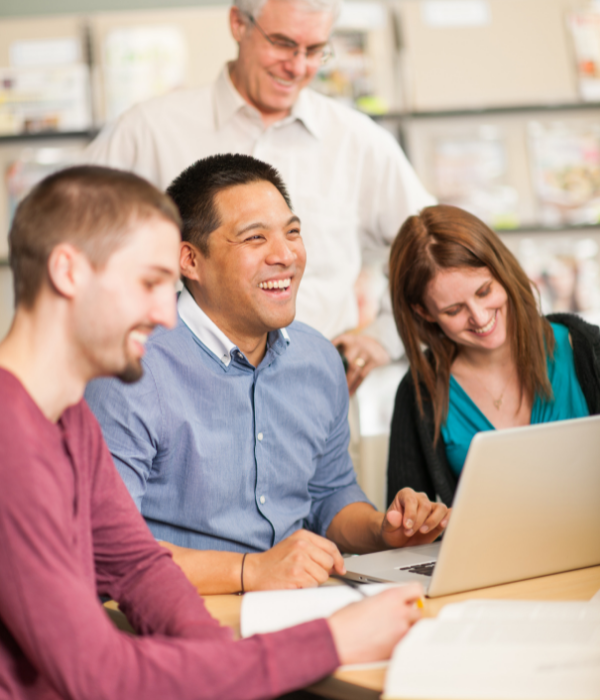
We need a paradigm change:
from top-down to bottom-up education
from subject- to competence-orientation
from teacher- to learner-centred approaches
Partners
